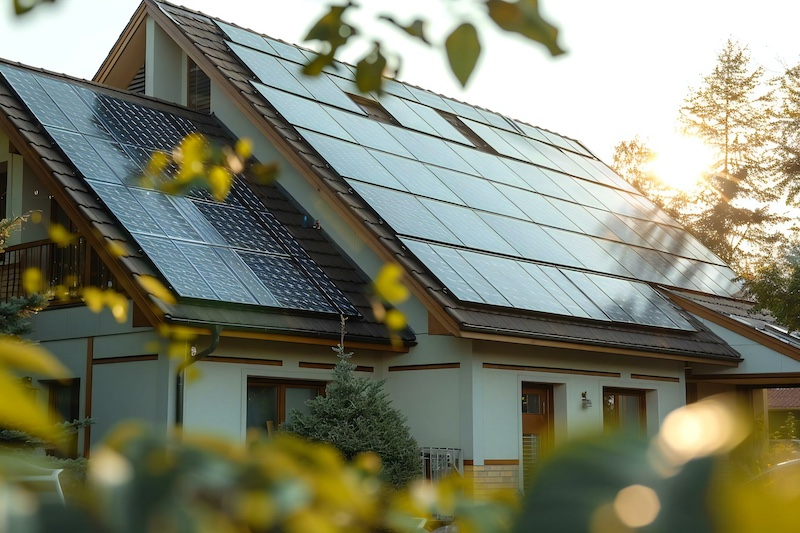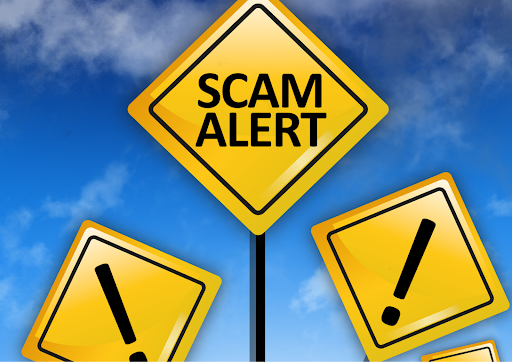
The Maryland Public Service Commission has taken a proactive step toward promoting renewable energy accessibility by establishing a community solar pilot program. Designed with a focus on extending the benefits of clean energy to underserved communities, this initiative aims to not only reduce electric bills for participants but also contribute to the overall expansion of clean energy options throughout the state.

Community solar operates similarly to traditional rooftop solar setups, offering Maryland residents access to solar-generated electricity without needing to own property or the solar arrays themselves. This inclusive approach allows renters to partake in the advantages of solar energy, leveling the playing field for all consumers.
The seven-year pilot program allocates capacity for various regions within the state, with a notable portion earmarked specifically for projects targeting low- and moderate-income households.
Additionally, it incentivizes solar companies to cater to these demographics, fostering greater equity in renewable energy adoption. Moreover, the program facilitates private investment in Maryland’s solar sector, contributing to the state’s broader renewable energy goals.
Recognizing the importance of safeguarding consumers, the program incorporates robust protections against exploitative practices. Prohibitions against unreasonable fees and stringent contract disclosure requirements ensure transparency and fairness in all transactions. Furthermore, the collection of relevant data throughout the pilot period enables continuous evaluation of the program’s impact on Maryland’s electricity grid.
While initiatives like the MD Community Solar Program pave the way for a sustainable future, consumers must remain vigilant against door-to-door solar scams. These scams, often perpetrated by impersonators claiming to be associated with legitimate programs, pose significant risks, including identity theft. Even programs as earnest as community solar projects are subject to fraudsters/scammers impersonating their personnel.
To safeguard against such fraudulent activities, individuals should exercise caution when interacting with door-to-door salespersons and refrain from providing personal information without verifying their credentials.
As Maryland continues its transition towards a greener energy landscape, initiatives like the community solar pilot program help foster/develop renewable energy accessibility and equity. However, amidst these positive developments, the threat of door-to-door solar scams looms large.
By remaining vigilant and seeking assistance from reputable sources, such as a qualified solar attorney, consumers can protect themselves against the pitfalls of solar panel scams and ensure their participation in legitimate clean energy opportunities.
If you have had your life impacted by solar scammers, please contact our office today.